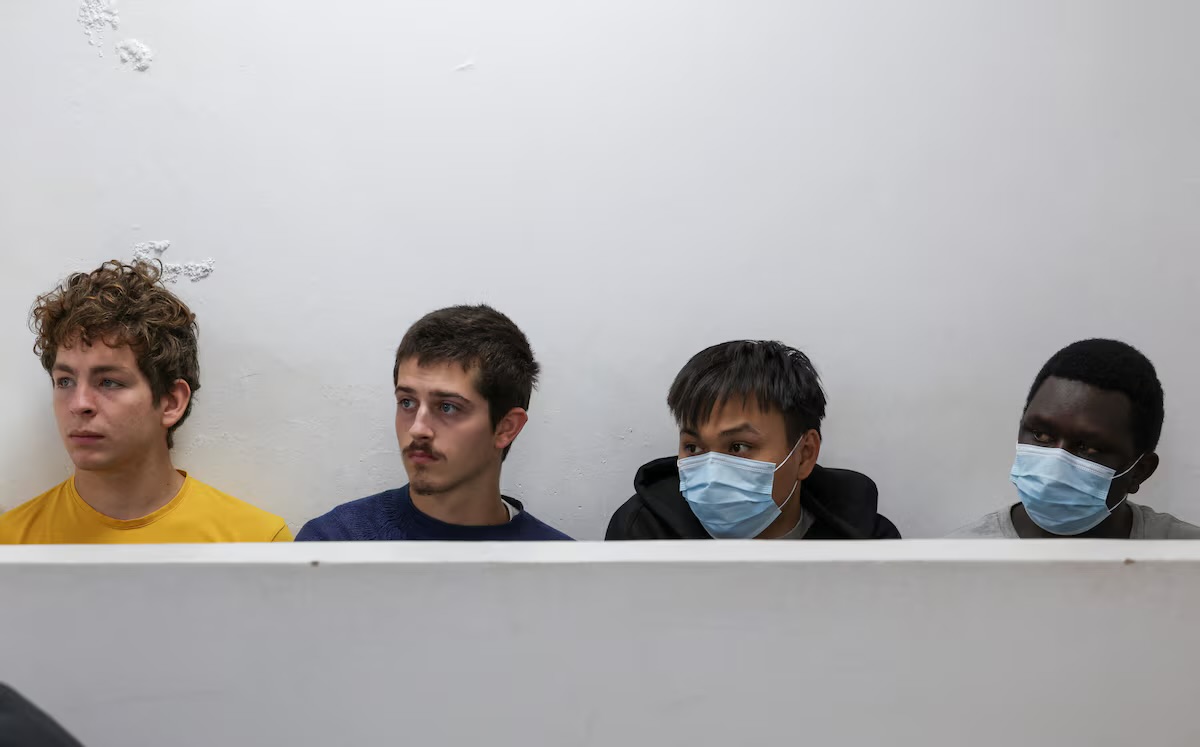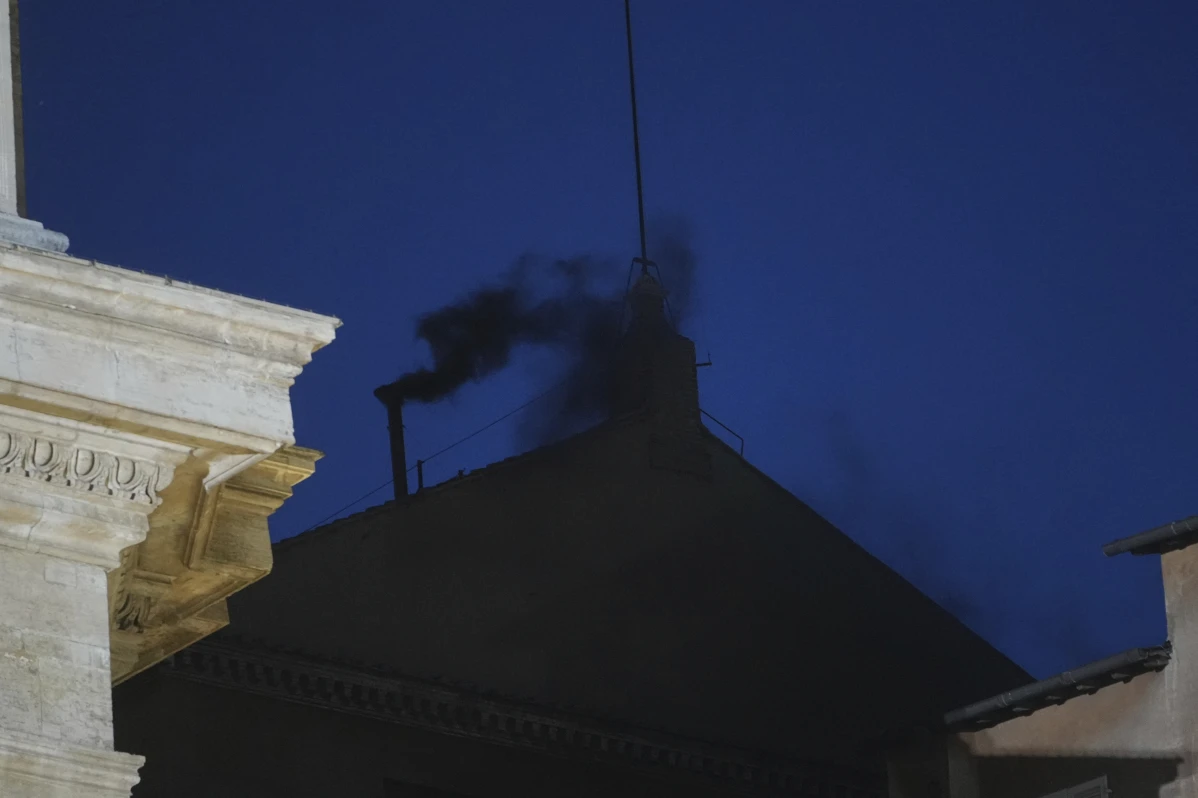NAIROBI, Kenya – A Kenyan court on Wednesday fined four men $7,700 each for trying to traffic thousands of ants valuable to the country’s ecosystem, in cases experts say signal a shift in biopiracy from trophies like elephant ivory to lesser-known species.
Authorities arrested two Belgian teenagers, a Vietnamese man and a Kenyan national on April 5, accusing them in two separate cases of trying to smuggle out roughly 5,440 giant African harvester queen ants.
Magistrate Njeri Thuku said the ants would fetch in excess of 800,000 euros or $900,000 online in Europe, Asia, and parts of North America, where ant keepers maintain colonies in large transparent vessels known as formicariums to observe their cooperative behaviour.
Queen ants are valued because they are the only ones capable of laying eggs that grow into worker, soldier and future queen ants, meaning that the illegal trade can jeopardise colonies critical to Kenya’s wildlife ecosystem.
Thuku convicted the traffickers of dealing in live wildlife species, and ordered them to pay the fine or face 12 months in jail. They had all pleaded guilty.
The cases had raised questions about whether the alleged trafficking was linked to wider networks.
Thuku said that Duh Heng Nguyen, from Vietnam, was sent to Nairobi to meet a Kenyan, Dennis Nganga, and collect ants in an elaborate scheme that had “all the hallmarks of illegal wildlife trade and possibly biopiracy”.
Nguyen is what is known in the drug trafficking world as a “mule or courier”, Thuku said, describing his role as having the tell-tale signs of organised crime.
Nguyen and Nganga said they did not know their actions were against the law, according to the judge’s characterisation of their pleas.
The two Belgians, identified in court documents as Lornoy David and Seppe Lodewijckx, are both ant enthusiasts who claimed in court that they acted out of naivety, Thuku said.
Lornoy David’s phone revealed that he was a member of a group known as “Ant Gang”, and that he had initially bought 2,500 queens for $200, Thuku said in her ruling.
There was no justification for being found with such a large quantity of queen ants, Thuku said.
“This is beyond a hobby,” Thuku said. “Indeed if it happened to any larger species with 5,000 of a specific gender being taken away, it would be genocidal proportions.”
Ants are prized by enthusiasts for the way they work together, performing tasks like building a nest, collecting seeds or making collective decisions without a leader, in what experts describe as a superorganism.
“Over time, if you’re keeping ants or observing them, you’ll be able to watch this growth of the colony from just one individual, the queen, to ultimately thousands of individuals… (functioning) together as if they are one unit,” said Dino Martins, one of Kenya’s leading ant experts.
The Kenya Wildlife Service said the messor cephalotes ants are a critical species in maintaining soil health and ecosystem balance, and were intercepted by authorities at Jomo Kenyatta International Airport (JKIA) in the capital.
It said in a statement that the ants “were destined for the European and Asian exotic pet trade, where colonies of rare and ecologically unique species can command prices of up to 1,200 euros each.”
“Today’s ruling sends an unequivocal message: Kenya will not tolerate the plunder of its biodiversity. Whether it’s an ant or an elephant, we will pursue traffickers relentlessly,” said Erustus Kanga, KWS Director General.
Ant exports are permitted from Kenya with licences, though the regulations are difficult to navigate, experts say. – Reuters















